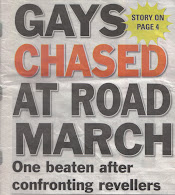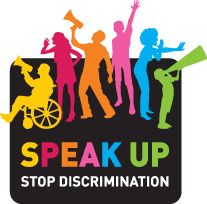After a year’s delay, repeal moves closer to realityWashington, D.C. -- The Department of Health and Human Services (HHS) has issued proposed regulations to end the long-standing ban on travel and immigration to the United States by HIV-positive individuals. The regulations, which are expected to be implemented following a 45-day public comment period, would remove HIV from the list of “communicable diseases of public health significance.”
Under current law, HIV-positive tourists and business travelers cannot enter the U.S. even for one day, and people with HIV who are living in the U.S. cannot stay.“These proposed regulations are the penultimate step toward ending the HIV ban once and for all,” said Victoria Neilson, legal director for Immigration Equality.
“In doing so, our country is also making great progress towards implementing a fair and sensible HIV immigration policy. Ending the HIV travel and immigration ban removes a federally sanctioned stigma and sends a strong, clear message that the United States is working to end discrimination against people living with HIV.”
Immigration Equality noted that it is urging HHS to quickly adopt and implement the regulations and officially end the ban once and for all. The organization worked closely with Senator John Kerry (D-MA), Congresswoman Barbara Lee (D-CA) and former Senator Gordon Smith (R-OR) in 2008 to repeal the ban.
Today, the lawmakers joined the organization in praising the new regulations.“Today we are one step closer to ending a discriminatory practice that stigmatizes those living with HIV, squanders our moral authority, and sets us back in the fight against AIDS,” said Senator Kerry. “By proposing this rule, the Obama administration has made a powerful statement in favor of overturning the HIV travel and immigration ban that has no foundation in public health or common sense. There is no reason for this policy to remain on the books. I sincerely hope we can continue to work in a bipartisan manner with the help of the public health, religious, LGBT, and immigration groups to make this proposed rule final as soon as possible.”
Congresswoman Lee also applauded the regulations, noting that, “For more than 15 years, HIV was the only disease singled out for exclusion from the United States by an act of Congress. The HIV ban has undermined U.S. efforts to fight the HIV pandemic and has taken a toll on families and businesses both here and abroad.”“The Obama administration’s proposed rule to repeal the travel ban is a positive step toward finally ending this unjust and discriminatory policy,” Congresswoman Lee said. “I am proud to have played a crucial role in leading the effort to end this outdated travel ban.”
If adopted following the comment period, the regulations will then require implementation. The final timeline for that action remains to be determined. Nonetheless, Neilson noted, the ban is closer than ever to its final repeal.“The end of the HIV ban is now in sight,” Neilson said. “After nearly two decades, there is real, palpable hope for those who have been waiting so long for this change.”
For more information on the HIV travel and immigration ban, and the HHS regulations, visit http://cts.vresp.com/c/?ImmigrationEquality/bfb7bb6462/{LIST_DATA_HASH}/c59c5e145c.













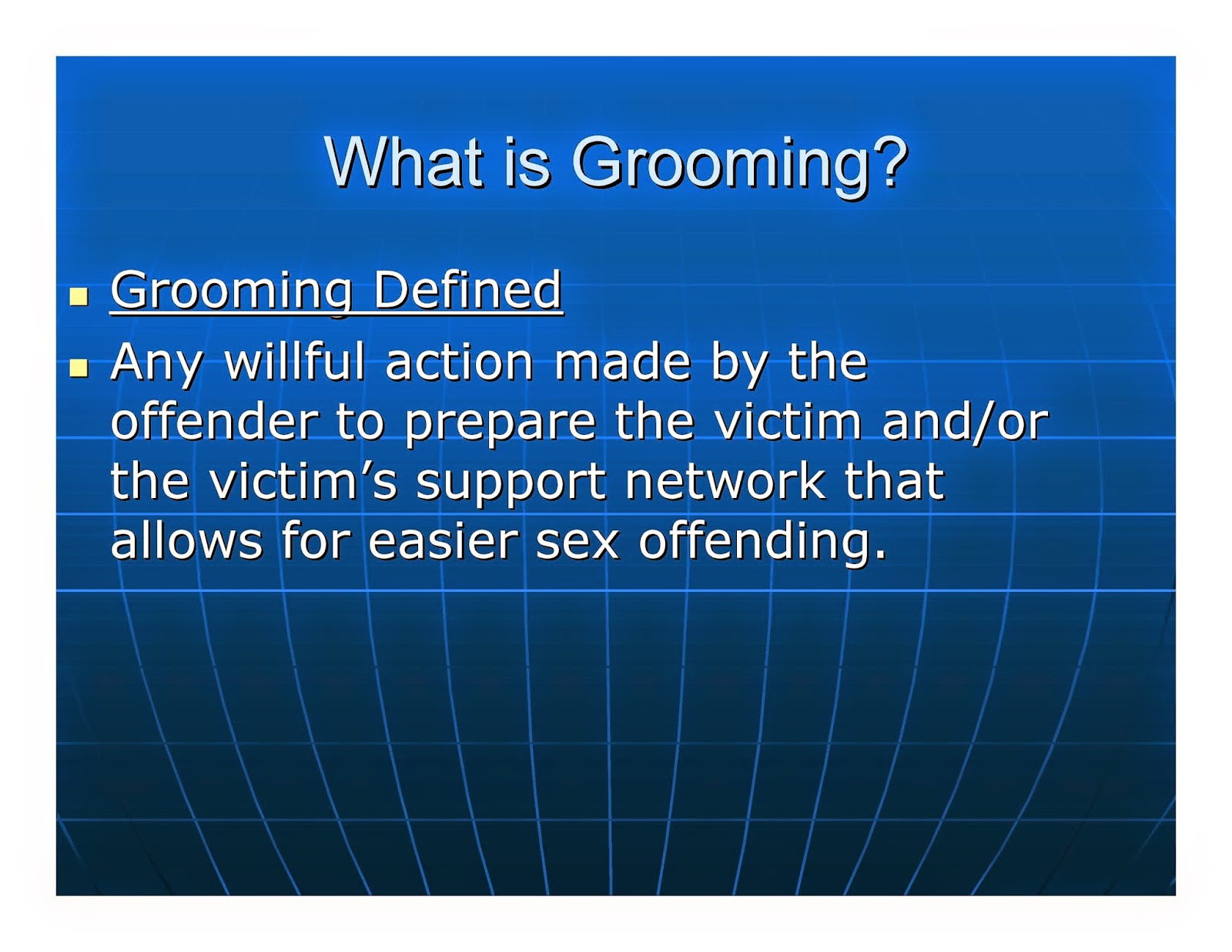



.mkv_000108708.jpg)
.mkv_000109059.jpg)
.mkv_000113988.jpg)

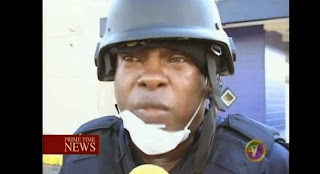

















.jpg)







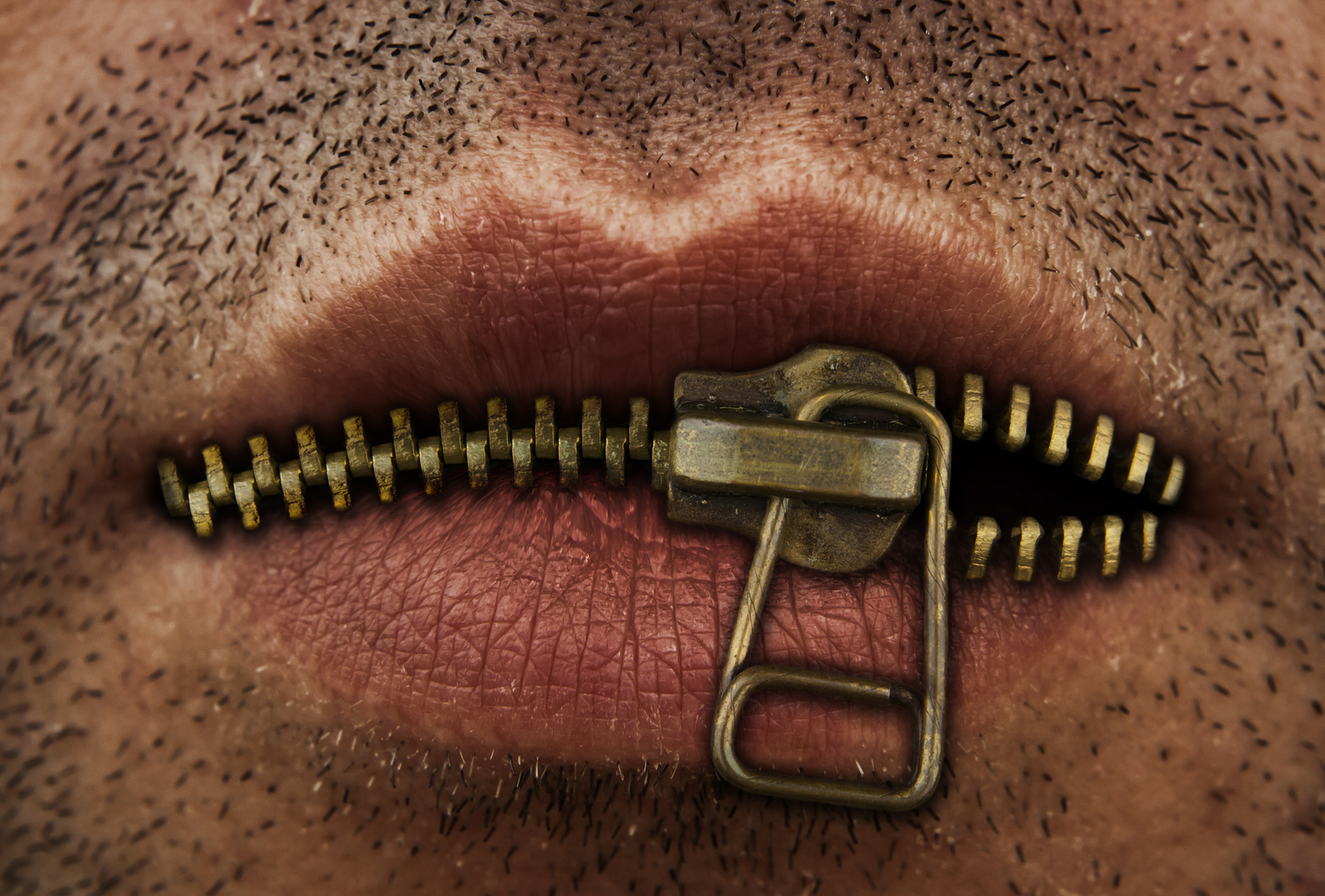















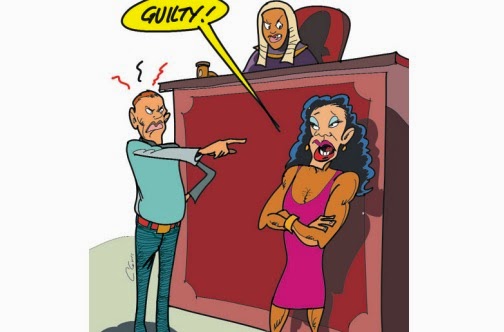

+(Light).jpg)






















